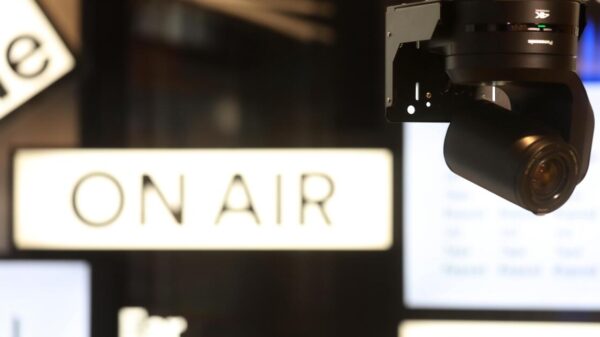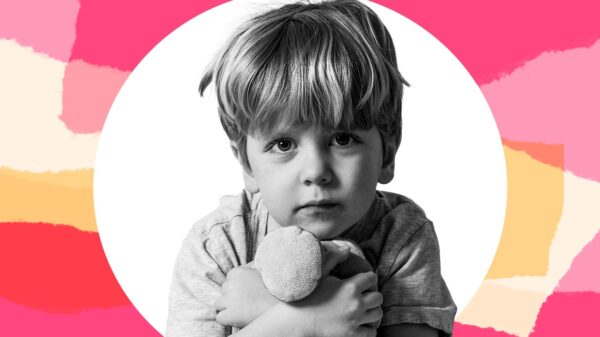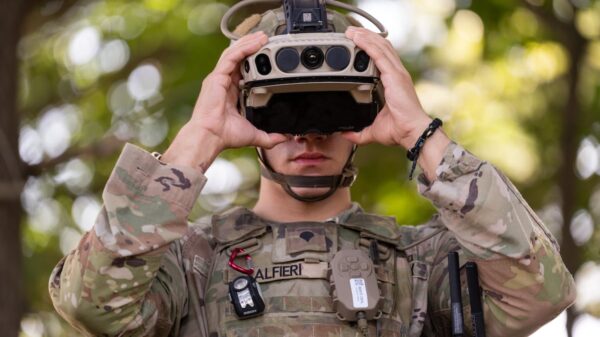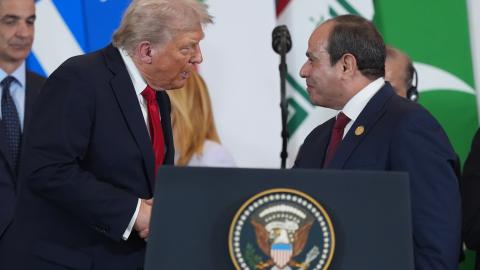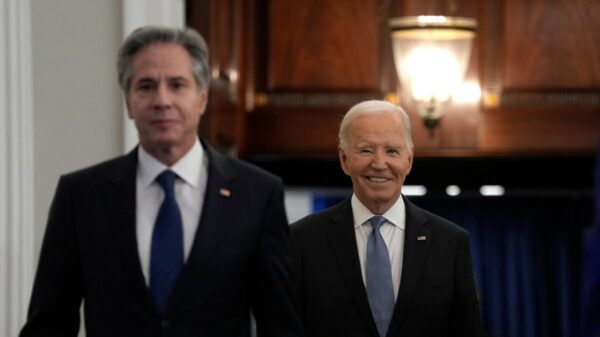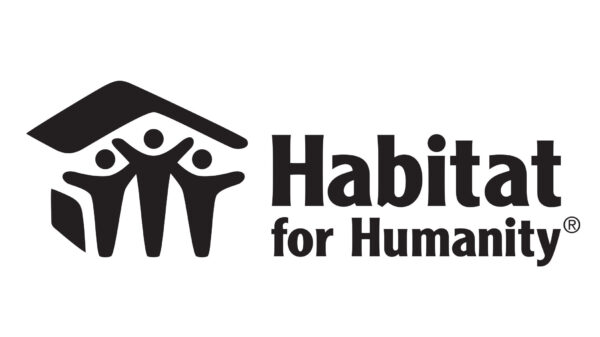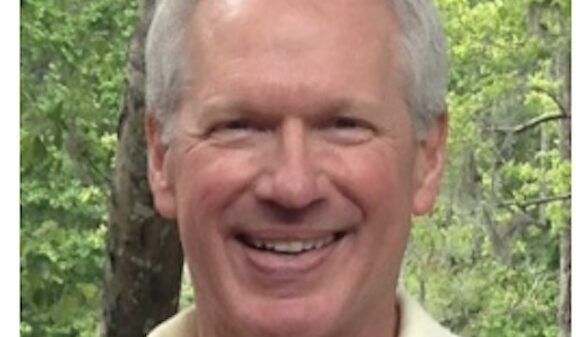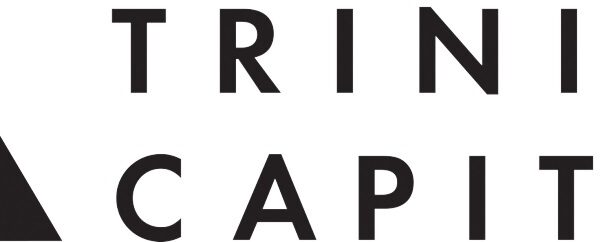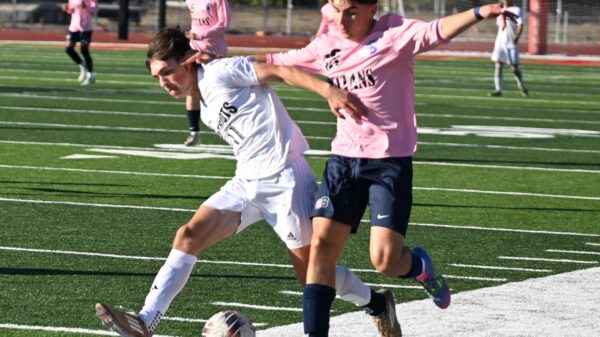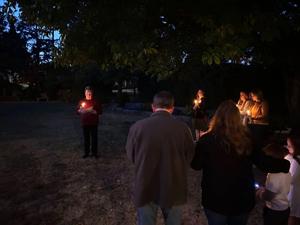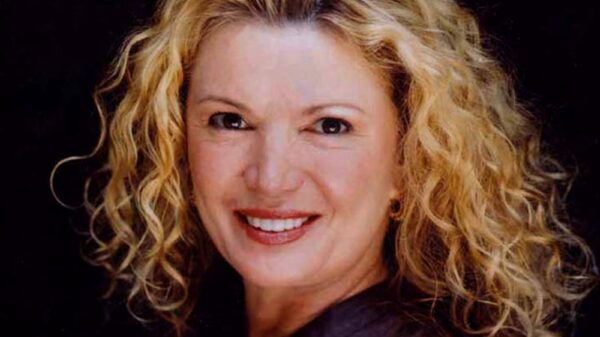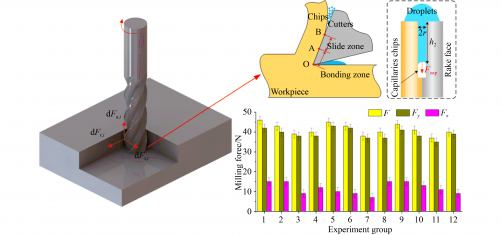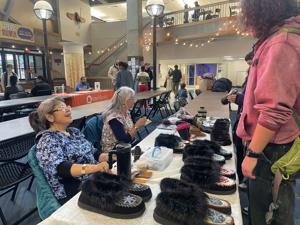A celebration of culture and community unfolded at the University of Alaska’s Wood Center on October 9, 2023, as the institution hosted its annual Indigenous Peoples’ Day event. Organized by the College of Indigenous Studies, the gathering aimed to raise awareness of the unique histories, experiences, and cultures of Alaska Native peoples.
Charlene Stern, Interim Provost and Executive Vice Chancellor for Rural Community and Native Education, highlighted the significance of the occasion. “Indigenous Peoples’ Day is really an opportunity for us to spread awareness of our unique histories, experiences, and cultures,” she stated, emphasizing the importance of recognizing Indigenous heritage.
The event attracted students, faculty, and community members, creating an atmosphere of unity and celebration. Teisha Simmons, Dean of the College of Indigenous Studies, described the day’s impact: “It’s like traditional therapy. It makes you feel good, and people are uplifted and encouraged. There’s just such a great sense of joy and community in the room all day.”
Participants enjoyed a variety of activities, including a lunch featuring fry bread tacos, which not only satisfied appetites but also raised funds for the Festival of Native Arts. This student-organized festival is held every February, showcasing Indigenous artistry and performances.
Within the Wood Center, vendors displayed an array of handcrafted items such as colorful earrings, beaded mukluk slippers, kuspuks, and locally made berry jellies. Attendees proudly donned traditional regalia, showcasing the diverse cultures represented in the Indigenous community. Alana Moses, Miss Fairbanks Native Association, expressed her enthusiasm for the event’s location, stating, “It’s a nice little space where we can show people who aren’t in our culture what our culture does.”
The afternoon featured a panel discussion with local elders, providing insights into their upbringing and the values instilled in them through their connection to the land. Caroline Bante, one of the panelists and a teacher, emphasized the importance of sharing knowledge within the community. “When you have time to do stuff like this, teach others, because it makes you feel a lot better… this is one of our traditions: we teach others as we learn,” she remarked.
Miranda Wright, another panelist, discussed the discipline and respect learned from a subsistence lifestyle. Reflecting on her childhood experiences, she stated, “When you live the subsistence lifestyle 24/7, you have to have discipline, you have to have work ethic, you have to have respect.”
Rachel Mayne shared her gratitude for remaining in her community rather than attending boarding school, asserting that the lessons learned at home were invaluable. She recalled the communal experiences surrounding death and honoring lives, highlighting the importance of these traditions in connecting younger generations to their heritage.
As the day progressed, dance performances took center stage, showcasing the cultural richness of Indigenous traditions. The Pavva Iñupiaq Dancers, comprising members of all ages, performed dances that narrate stories from their culture. Following this, the Iñu-Yupiaq dance group, established at UAF three decades ago, presented dances rooted in Yup’ik, Cup’ik, and Iñupiaq traditions.
The UAF Native Games club added an interactive element to the celebration. NYO champion Parker Kenick, hailing from Nome, explained how traditional games are practiced to maintain endurance and skills among Alaska Natives. He emphasized the communal aspect of these activities, stating, “You never wanted to see a hunter go home and starve because that means their family wouldn’t survive. And that’s our community.”
Attendees participated in events such as the scissor broad jump and Alaskan high kick, receiving cheers and encouragement from onlookers. The atmosphere was filled with laughter and camaraderie, illustrating the spirit of togetherness that characterized the event.
Kate Krowne, a freshman from the Hopi Tribe, expressed her appreciation for the cultural celebration. “It’s been the best thing to have this at these spaces, and the fact that UAF makes it such a priority to have these events,” she said. Krowne noted that the event fosters connections among individuals of various backgrounds, enhancing understanding and appreciation for Indigenous cultures.
The Indigenous Peoples’ Day celebration at the University of Alaska not only honored the rich cultural heritage of Alaska Native peoples but also served as a reminder of the importance of community, tradition, and education in preserving and sharing Indigenous identities.




